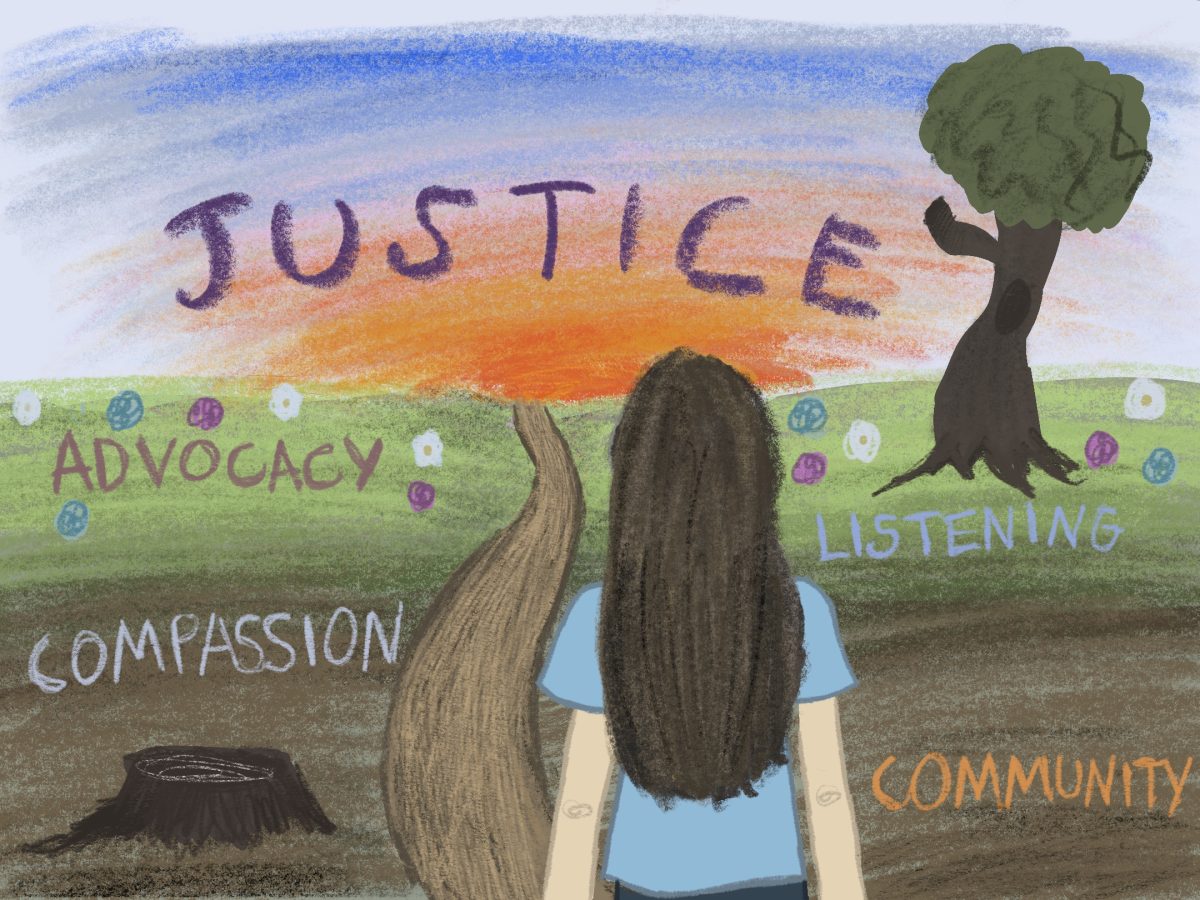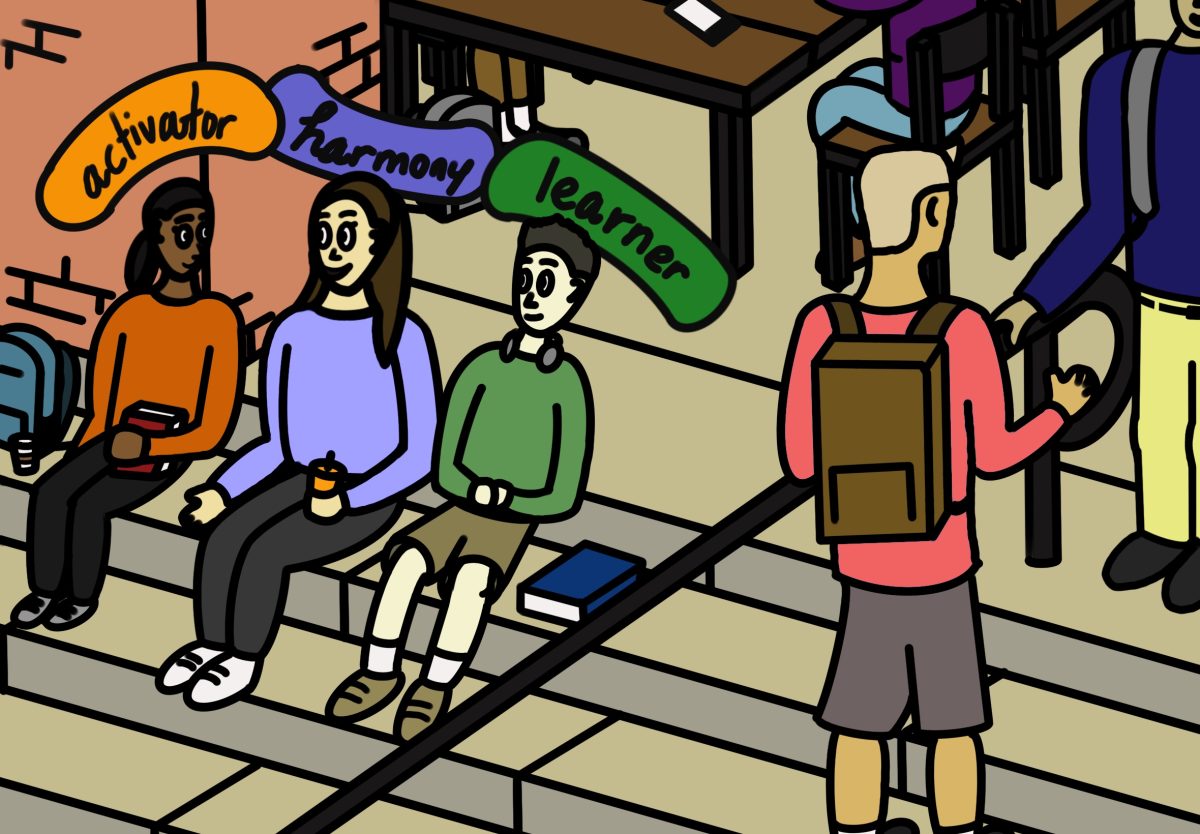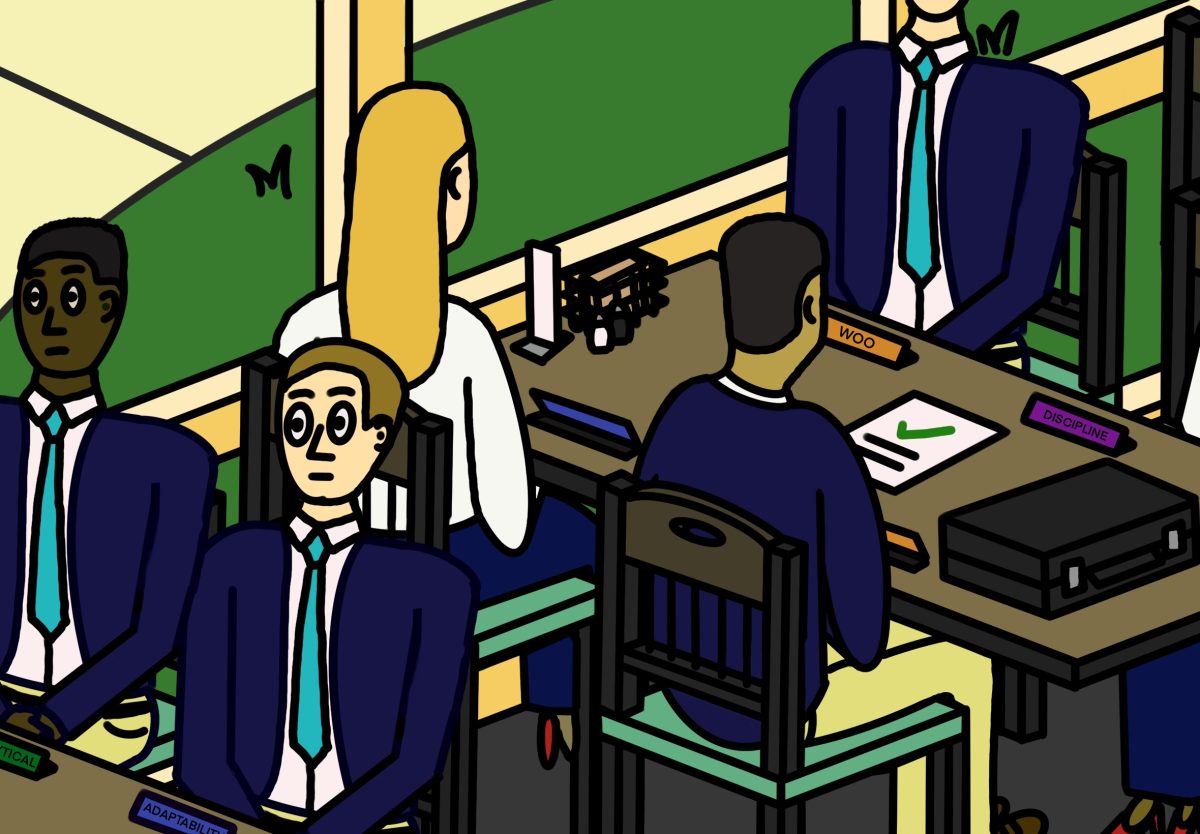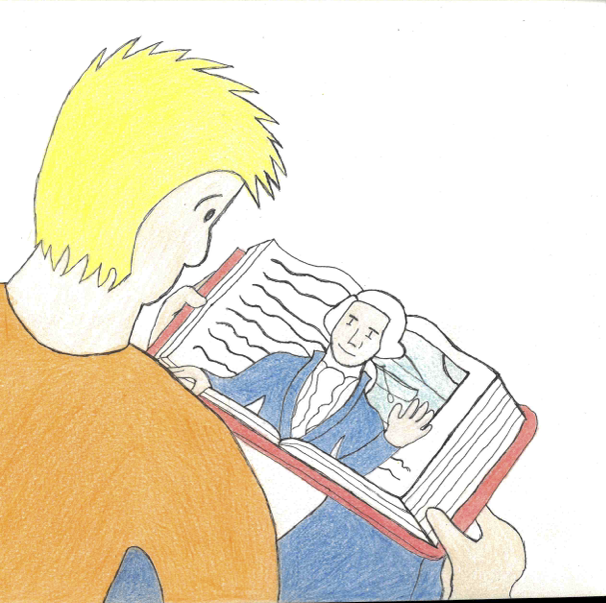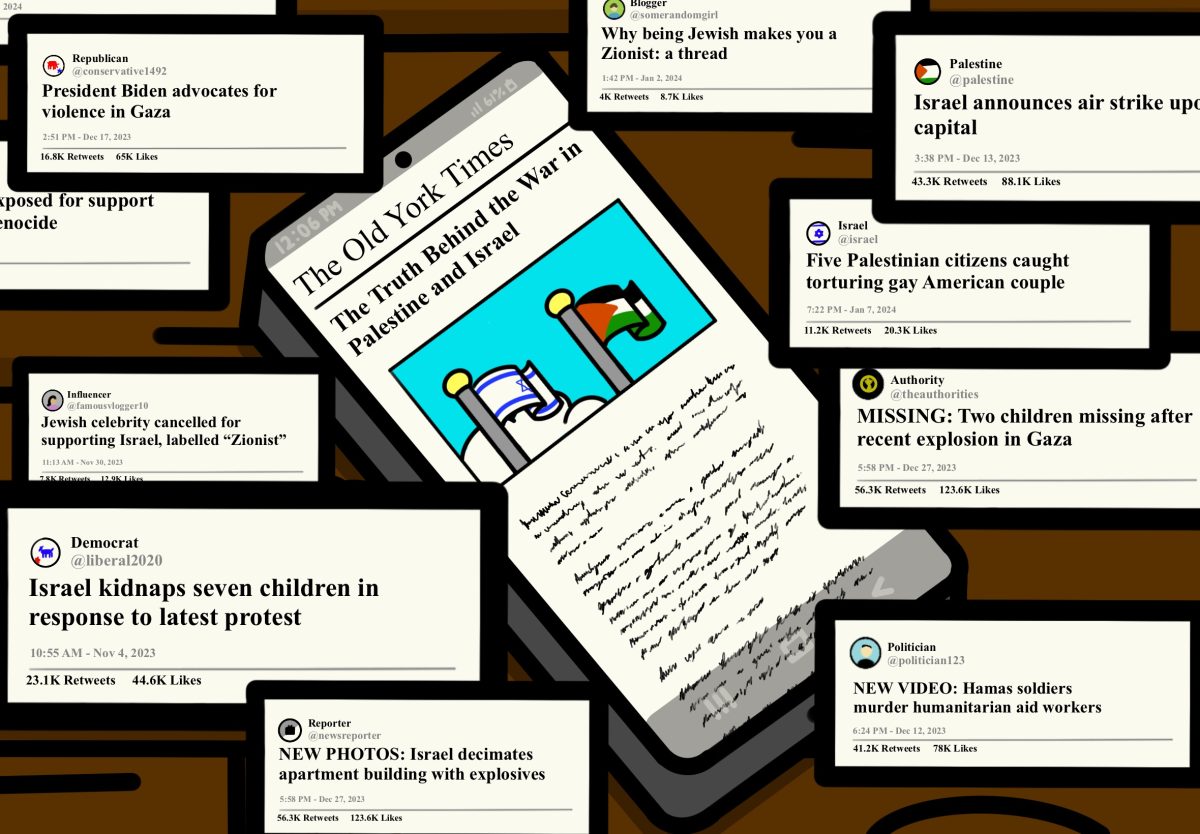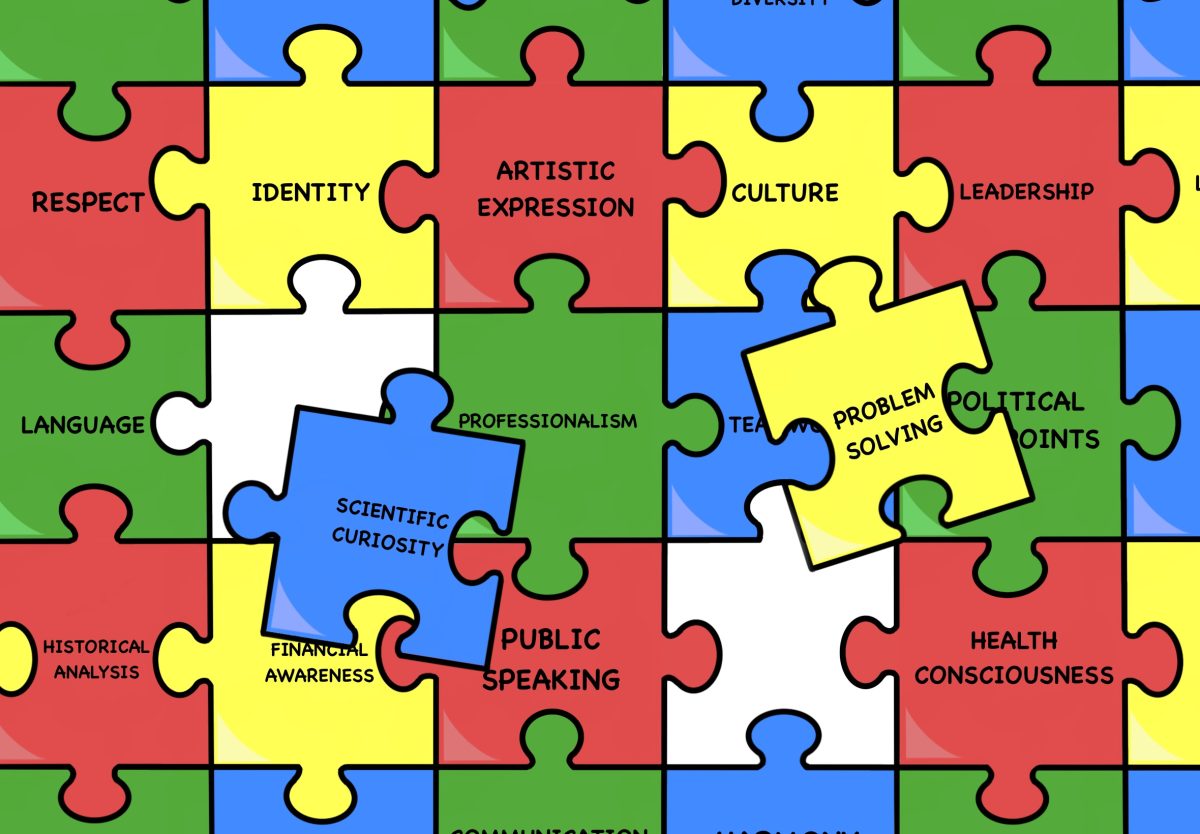“Adapt. React. Readapt. Apt.” This one-liner, the first of Michael Scott’s 10 Rules of Business in The Office, not only elicits laughter but also conveys a truism: flexibility is necessary for success, not only in business but in other areas of life. The ability to adapt to changing circumstances and challenging situations is especially critical in times of crisis. Fortunately, Furman’s response to COVID-19 has been both flexible and successful. After initially planning to test only symptomatic students and close contacts, the administration pivoted, and the robust testing regime that followed is a major reason cases remained low on campus in the fall, despite less-than-ideal student behavior. But while the university’s pandemic response has been both adaptive and effective, it has lacked transparency. That needs to change.
Last week, a Furman Focused email announced that the university had “developed a color-coded system to describe the university’s operational protocols.” We are currently in the Orange phase, with the possibility of moving to Yellow after Jan. 25. At first glance, this new system is a step forward, providing a mental image that reflects Furman’s already-flexible approach to COVID-19. But the array of colors masks a dearth of substance. The color-coded scheme does indeed “describe the university’s operational protocols,” in the sense that it lays out five different potential policy scenarios. But beyond vague assurances that the administrators are looking at “disease rates and quarantine/treatment capacities on campus and in the community,” we are not told how this model would actually guide decision-making. Students, faculty, and the broader community deserve to know: does the administration have a clearly-defined plan? If so, what are the specific metrics being used to determine when to move from one Campus Operational Phase to another?
Transparency on this front is essential. Knowing what benchmarks the university is using to make decisions will help students be better prepared and more understanding of the needs of the community. More importantly, transparency paves the way for genuine accountability. Without transparency, we cannot tell whether the administration is prioritizing public health or public relations — integrity is an unknown. Releasing the details of the protocols to the public would not only aid the campus community in our efforts to keep COVID-19 at bay; it would also strengthen our trust in the administrators tasked with making difficult, institutional-level decisions about those efforts. We ought to be able to judge our university’s performance by its own standards.
Too much transparency can be a problem: privacy and internal deliberation are necessary for the proper functioning of any individual or institution. When every decision or action is public-facing, people are incentivized to fabricate lies or half-truths in order to hide, ironically obscuring truth and hindering accountability to an even greater degree. But that is not the case in our situation, today. The university has considerable leeway in constructing its COVID-19 response, because students, faculty, and their families trust that the internal deliberation will lead to policy decisions that are intended to protect campus health. That trust, however, is not a guarantee. Honesty and openness on behalf of the administrators could only strengthen it. If they have a sound plan in place, they should let us know.



























